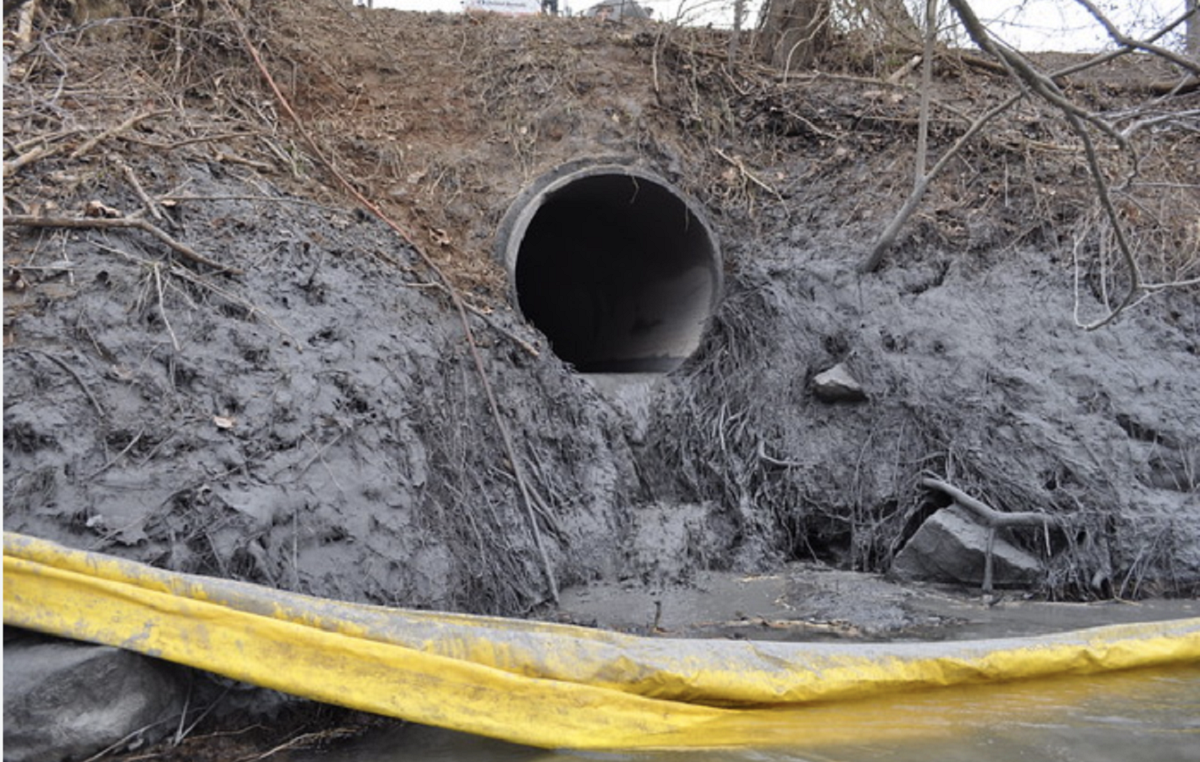Last year, Duke Energy agreed to undertake the largest coal ash cleanup in the country. It promised to excavate nearly 80 million tons of coal ash at six sites, moving it from unlined pits to dry, lined landfills that protect communities from exposure to the toxic chemicals coal ash contains. It was a reversal of Duke’s original plan for the sites, which aimed to save the utility money by capping the coal ash and leaving it in the same unlined pits.
The agreement was a major victory for North Carolina residents, especially Black and low-income communities across the state who have been disproportionately harmed by pollution from coal plants. Unlined coal ash pits endanger those living nearby. They often leach carcinogens like arsenic into groundwater, which can in turn contaminate drinking water. They also blow particulate matter into the air, putting those who live nearby at higher risk for certain cancers, respiratory symptoms, cardiovascular disease, and reproductive disorders.
But a problem remained: Duke wanted to stick ratepayers with billions of dollars in fees to cover the cost of cleaning up their messes. On Monday, the Sierra Club, the Attorney General, and the Public Staff of the North Carolina Utilities Commission finalized a settlement that offers ratepayers a $1.1 billion reprieve. Now, Duke will have to pay for about 25 percent of the costs of excavating their coal ash pits, lifting a billion-dollar burden off of families and businesses who would have otherwise been forced to pay.
This settlement is a testament to the power of the grassroots activists and their legal allies, who spoke at public meetings and fought for years to force Duke to take responsibility for its coal ash cleanup. While we’re glad to see Duke take steps toward cleaning up the mess and pollution left by its dirty, dangerous coal plants, we know that so long as it continues to burn coal, North Carolina communities are still breathing in particulate matter and drinking in the toxic chemicals coal plants leave behind.
It’s time for Duke to retire the remaining coal plants, and help coal plant communities transition to a clean energy future.
